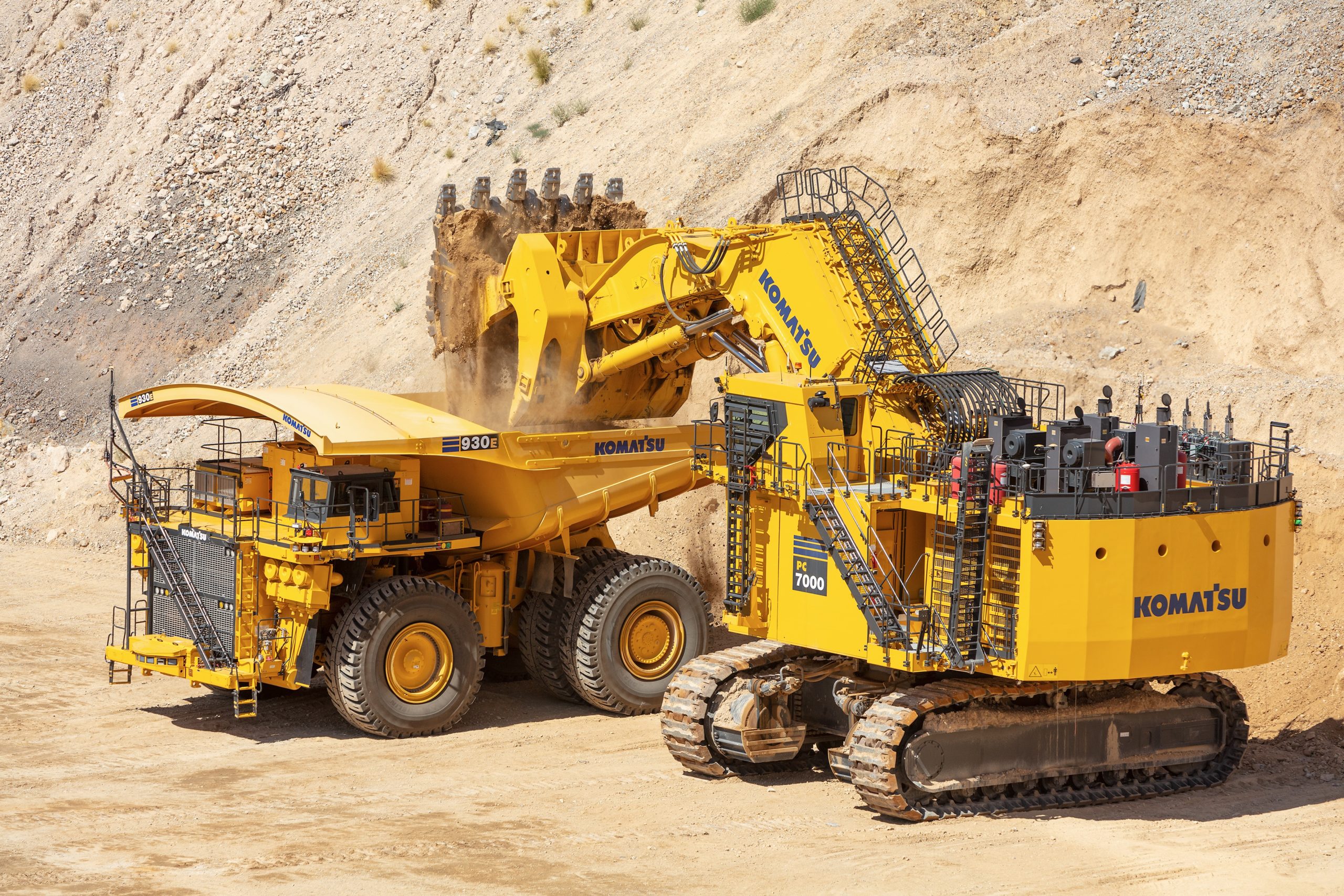
Getting clean and safe water for those who desperately need it is just one of the areas of operation for infrastructure specialists Sukuma Consulting Engineers.
One of the most insidious hangovers from South Africa’s turbulent past is the lack of a true, nationwide infrastructure of roads, water and other utilities. Electricity is an essential for everyday life, and work in particular, but even the inhabitants of houses a long way from the mains supply will probably have access to electricity at their workplace. Roads help to boost economic activity and logistics efficiency, but rugged buses and all-wheel-drive vehicles will overcome pretty much everything short of a completely washed-out carriageway.
Water is the real essential for life: without it, human life is impossible, but many of the country’s citizens are still without ready access to a supply of clean and safe water.
“The policy of the government of South Africa is that everyone should have access to a potable water supply within 200 metres of their individual household,” says Mike Maher, managing director of Sukuma Consulting Engineers, which is headquartered in Pietermaritzburg, Province of KwaZulu Natal. The company is a provider of professional services in civil engineering. Its consultants operate mainly in the fields of water and roads infrastructure, providing capabilities and resources in the civil engineering elements by providing design and project management services.
“We provide a full range of professional services from initial project feasibility investigation through to design and project management,” Maher continues, “and we try to maintain an even balance between public and private sector work. We are a small company and our primary focus at present is on community water supply to rural areas, but we have been involved in a number of large-scale projects including roads, shopping malls and housing estates, as well as a fast-track project for the Toyota Motor Corporation to build the first container terminal in the world owned and operated by them, situated near Durban.”
Turnover in terms of projects handled is in the region of R150 million and the company’s permanent staff are mostly at degree or civil engineering diploma level. “One of the biggest challenges in running a consultancy is in maintaining a balance between staff and workload, and when necessary the workforce is supplemented by contract workers who are mainly utilised in the supervision and monitoring stages of a project.”
The company is currently involved in a major project to provide water supply to the Injasuthi area of KwaZulu Natal, which is situated in the foothills of the Drakensberg mountain range. It is a vast, mountainous rural area, with a thinly-spread population amounting to around 95,000 to 100,000 people. The project entails the construction of a 1.2 million cubic metre dam, treatment works, pump stations and about 150 kilometres of pipelines. Although originally planned to be built over seven years, the programme now has to be accelerated to complete it in no more than four. As well as the physical challenges of the area, there are ‘soft’, social challenges as well. “The project area covers nine different tribal areas and will therefore require full-time social interaction to ensure that the needs of all role players are consistently addressed. Community and council liaison will play an extremely vital role in ensuring the success of the project,” Maher explains.
The total project value is high, estimated at R260 million, but it seems a small amount when compared to the estimated R570 billion needed to address water supply backlog throughout the country over the next 10 years.
Part of the basis for the founding of Sukuma was the emergence of Black Economic Empowerment (BEE). “Sukuma was founded in November 2000,” says Maher. “And the drivers for setting it up were the changes happening in South Africa at the time, mainly the advance towards more BEE, especially in construction. We saw the opportunity to build a smaller company, which would have a more equitable black ownership and overall staff component. We started out with nine employees and have gradually grown to our present full-time staff complement of 18. The company is one-third owned by previously disadvantaged individuals and 65 per cent of all staff are black.
“We have stayed relatively small by choice,” he continues. “The state of the industry and projected workloads do not favour any major expansion plans at present and I would rather continue as we are for the foreseeable future. Our company strategy is to nurture our existing clients, maintain control on the quality of all our projects, and most importantly, to develop competent skills.”
In order to ensure that the company continues to deliver quality to customers and maintain its reputation and standing, Sukuma is investing in training its own people.
“Good people are like gold,” Maher says. “We are developing larger training schemes within our own company: we always have youngsters that we take out of technical college and we provide in-service training for them. We have taken on a number of very genuine guys and we invest a lot in them, in helping them to grow. There are a few who I really think are going to make it and who are already featuring in our directors succession planning.
“Unfortunately, we have also lost a few good youngsters over the years, mainly to government departments, but as they rise through the ranks themselves they have remained loyal and are proving to be good clients in return.”
Sukuma is a member of the Consulting Engineers of South Africa (CESA) and as such, subscribes fully to its Code of Conduct and Business Integrity Management System. It also has a certified ISO 9000: 2008 Quality Management System, which is audited annually.
Written by Ruari McCallion; research by James Boyle
DOWNLOAD
 Sukuma-EMEA-Aug12-Bro-s.pdf
Sukuma-EMEA-Aug12-Bro-s.pdf












